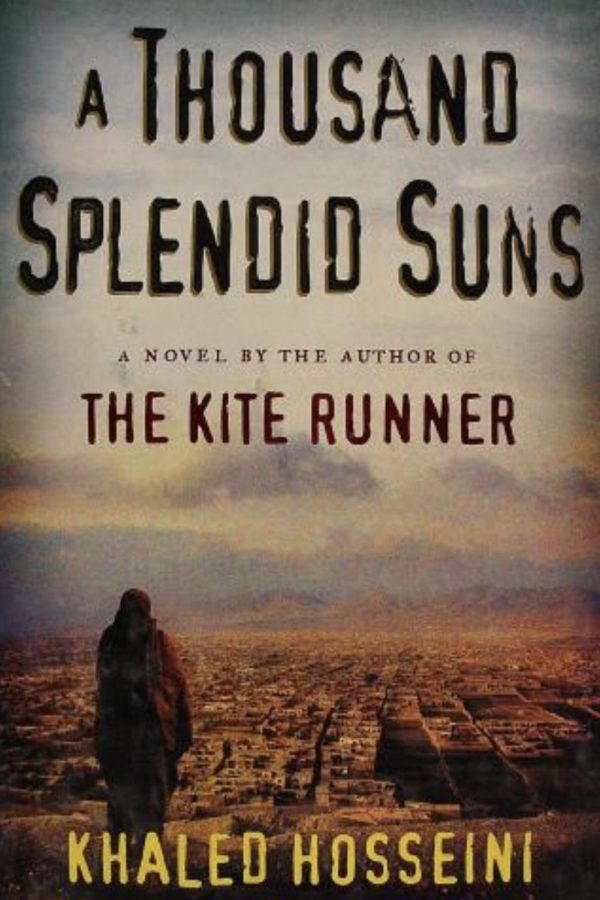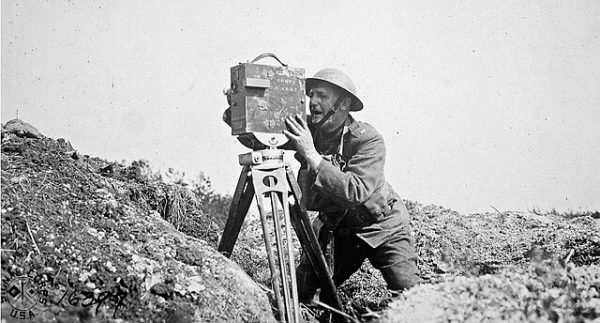A Thousand Splendid Suns: My Opinions
Book cover of ‘A Thousand Splendid Suns’
Everyone has gone through hardships of their own in one form or another, however big or small. It may have been a difficult class in school or being mistreated. That is, because hardships are a part of life. In the novel A Thousand Splendid Suns by Khaled Hosseini, the protagonist, Miriam, is thoroughly mistreated throughout her entire life, pretty much from her birth until she is sentenced to death.
This year at Oakmont, seniors who were scheduled to take Honors English 12 in either semester were tasked to read the novel over the summer. As I was scheduled to take the class during the first semester, I read the novel over the summer, and I thoroughly enjoyed it. Although many of the topics the novel touches upon are rather demoralizing, its accuracy cannot be disputed.
To summarize, the novel takes place in Afghanistan from the early 1970s until the early 2000s. Mariam was born to Nana and Jalil Khan, who were unmarried at the time of her birth. Jalil already had three other wives and multiple other children, and Nana was a servant in one of his houses when she became pregnant. The word harami is often uttered to Mariam, reminding her that she is an illegitimate child.
After Nana commits suicide, Mariam is sent to live with Jalil, who soon marries her off to Rasheed, a man thirty years Mariam’s senior. It became clear to Mariam that her father did not accept her as his child as he had his other children. Rasheed is a violent and ill-tempered man and mistreats Mariam throughout much of their marriage.
Meanwhile, Laila, a young girl who lives across the street from Mariam and Rasheed, goes through hardships of her own. Her parents get killed as they attempt to leave Afghanistan due to the war-like conditions resulting from Russia’s invasion, so Mariam and Rasheed take her in and nurture her. It isn’t long before Rasheed courts Laila and marries her. Laila only accepted Rasheed’s proposal because she is pregnant with Tarqi’s, her childhood best friend and later husband, child. Rasheed treats Laila much like he does Mariam, and the two women bond over this.
One day, Tariq shows up unexpectedly at the house. This utterly shocks Laila, who had been told years before that he was dead. Tariq left Afghanistan with his parents all those years ago, and Laila refused to go with him. It is soon discovered that Rasheed paid his friend to tell Laila that Tariq passed away so that Laila would marry Rasheed.
Rasheed is furious at Tariq’s appearance and he attempts to murder Laila, but Mariam steps in, killing Rasheed before he could take Laila’s life. Knowing that she would probably be killed for this, Mariam tells Laila to take her two children and leave Afghanistan with Tariq. Laila and Mariam never see each other again, and Mariam is sentenced to death. Laila and Tariq flee to Pakistan and get married, and move back to Afghanistan in a few years’ time to live a comfortable life.
Wow, that’s a lot to unpack. There is so much emotional baggage in this novel, causing even the readers to feel a certain way. I certainly felt sympathetic towards both Mariam and Laila during certain parts of the novel. Due to the Taliban, the ruling which Afghanistan was under at the time, men were allowed to be cruel to their wives, but their wives had to cater to their husbands’ every whim and do whatever they were told.
That is far from fair and quite the double standard. Men were certainly seen as vastly superior to women, which is extremely misogynistic. Afghanistan was just a different society at the time, and stuff like this was permitted. I have no words to describe how inhumane this is.
Overall, this is an excellent book. It truly captures the hardships of both Mariam and Laila, and accurately portrays what life was like during this time period in Afghanistan. I couldn’t even imagine going through what those two women went through. The way Hosseini wrote their perspectives was very captivating. It was almost as if he himself went through all of these hardships and that he truly understood these events.
I would one hundred percent recommend this book to anyone high school aged or older. One thing worth noting is that the book contains some mature and adult topics, which could be hard for those under the age of fourteen to handle, so I wouldn’t recommend it to students who are not yet in high school. In all, this book is fantastic and very inspiring!

Delaney Taylor is currently a senior here at ORHS, as she is a member of the Class of 2023. Delaney has served as the editor of The Oakmonitor for the...








